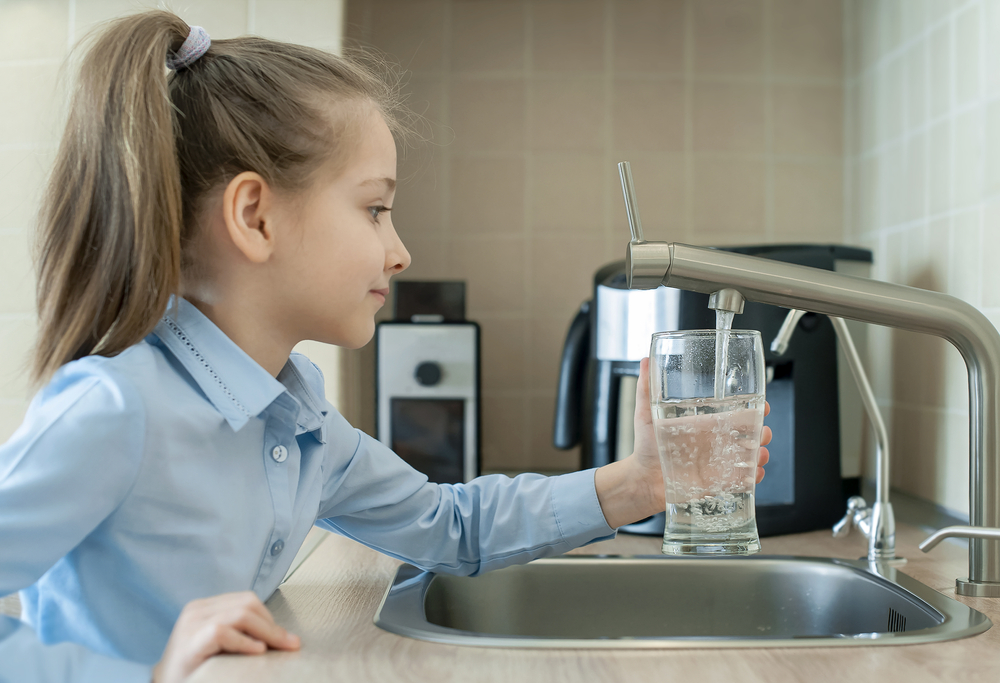From Source to Tap: The Journey of Water and the Role of Purification Systems

Water is essential for life, serving as a fundamental resource that sustains ecosystems, supports agriculture, and nourishes communities worldwide. However, before water reaches our taps in a clean and safe form, it undergoes a complex journey that involves natural filtration processes, treatment facilities, and purification systems. In this exploration of the water purification process, we’ll trace the journey of water from its source to tap and examine the critical role of RO (Reverse Osmosis) system service in ensuring access to high-quality drinking water.
The Journey Begins: Sourcing Water
-
Surface Water Sources
Surface water sources, such as rivers, lakes, and reservoirs, serve as primary water supplies for many communities. Surface water undergoes natural filtration as it flows through geological formations, vegetation, and aquatic ecosystems, which helps remove impurities and sediment.
-
Groundwater Sources
Groundwater, found beneath the Earth’s surface in aquifers and underground reservoirs, is another vital source of drinking water. Groundwater is naturally filtered as it percolates through layers of soil and rock, a process that removes contaminants and enhances water quality.
Treatment and Purification Processes
-
Filtration and Sedimentation
Upon extraction from its source, water undergoes preliminary treatment processes to remove large particles, sediment, and debris. Filtration and sedimentation techniques, such as sand filtration and settling basins, help clarify water and prepare it for further purification.
-
Chemical Treatment
Chemical treatment involves the addition of disinfectants, such as chlorine or chloramine, to eliminate harmful microorganisms and pathogens present in the water. Chemicals are carefully dosed to achieve adequate disinfection while ensuring compliance with regulatory standards for drinking water quality.
-
Advanced Treatment Technologies
Advanced treatment technologies, including activated carbon filtration, ozonation, and ultraviolet (UV) disinfection, provide additional layers of purification to remove contaminants, organic compounds, and residual disinfection byproducts. These technologies enhance water safety and taste while addressing emerging contaminants and waterborne pathogens.
The Role of RO Systems in Water Purification
-
Understanding Reverse Osmosis (RO)
Reverse Osmosis (RO) is a water purification process that utilizes semi-permeable membranes to remove dissolved solids, ions, and impurities from water. RO systems employ pressure to force water molecules through the membrane, leaving behind contaminants and producing purified water for consumption.
-
Benefits of RO System Service
Regular maintenance and service of RO systems are essential for ensuring optimal performance, efficiency, and longevity. RO system service involves tasks such as membrane cleaning, filter replacement, and system inspections to prevent fouling, scale buildup, and membrane degradation.
Ensuring Access to High-Quality Drinking Water
-
Regulatory Compliance and Quality Assurance
Regulatory agencies, such as the Environmental Protection Agency (EPA) in the United States, establish and enforce standards for drinking water quality to protect public health and safety. Water utilities and treatment facilities conduct routine monitoring and testing to ensure compliance with regulatory requirements and maintain water quality standards.
-
Public Health Protection
Access to safe and clean drinking water is essential for safeguarding public health and preventing waterborne diseases. Purification systems, including RO systems and water treatment plants, play a critical role in removing contaminants and providing communities with reliable access to high-quality drinking water.
Conclusion
From its source in natural reservoirs to its journey through treatment facilities and purification systems, water undergoes a rigorous process to ensure its safety and quality for consumption. The role of RO systems in this process is indispensable, as they provide an effective means of removing contaminants and producing purified water for drinking and other uses. By prioritizing regular maintenance and service of RO systems, communities can ensure access to high-quality drinking water and protect public health for generations to come. If you’re interested in learning more about the water purification process or scheduling RO system service for your home or business, contact a trusted water treatment provider to discuss your needs and explore available solutions.
Need Industrial & Commercial Water Purification in Cincinnati, OH?
Since 1999, Ultra Pure Water Technologies, LLC has been one of the best water purification business throughout the state of Ohio and beyond. Ultra Pure Water Technologies, LLC specializes in the sale, design, installation, maintenance, and service of commercial, industrial, and medical water pre-treatment and filtration systems. We offer water softeners, water filter replacements, carbon filtration, reverse osmosis, and deionization. Some of the products we have available include USP type-I, II, and II water and DI exchange tanks. We are a member of the Water Quality Association. Call in today for a free estimate!
Categorised in: Water Purification
This post was written by admin